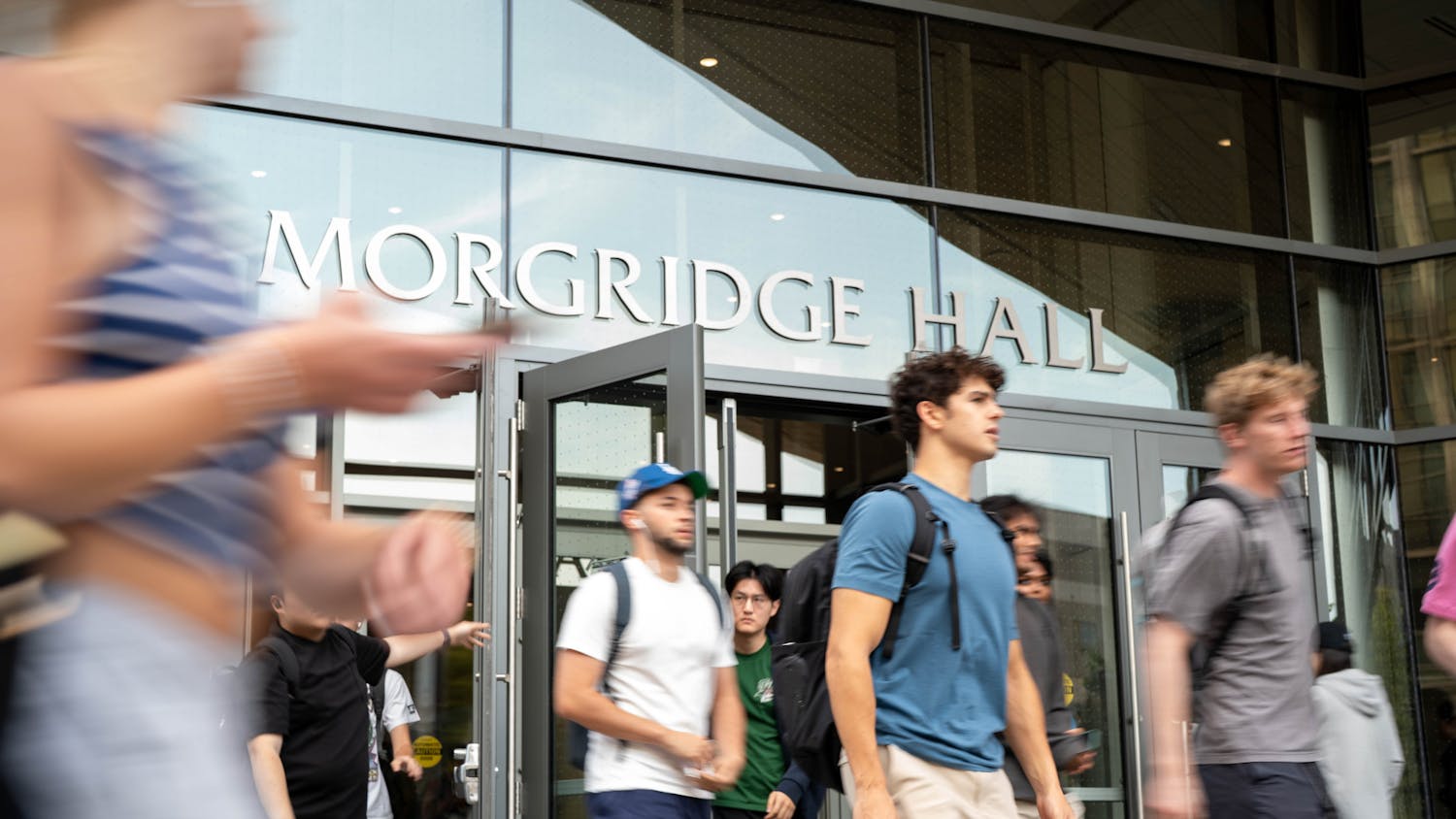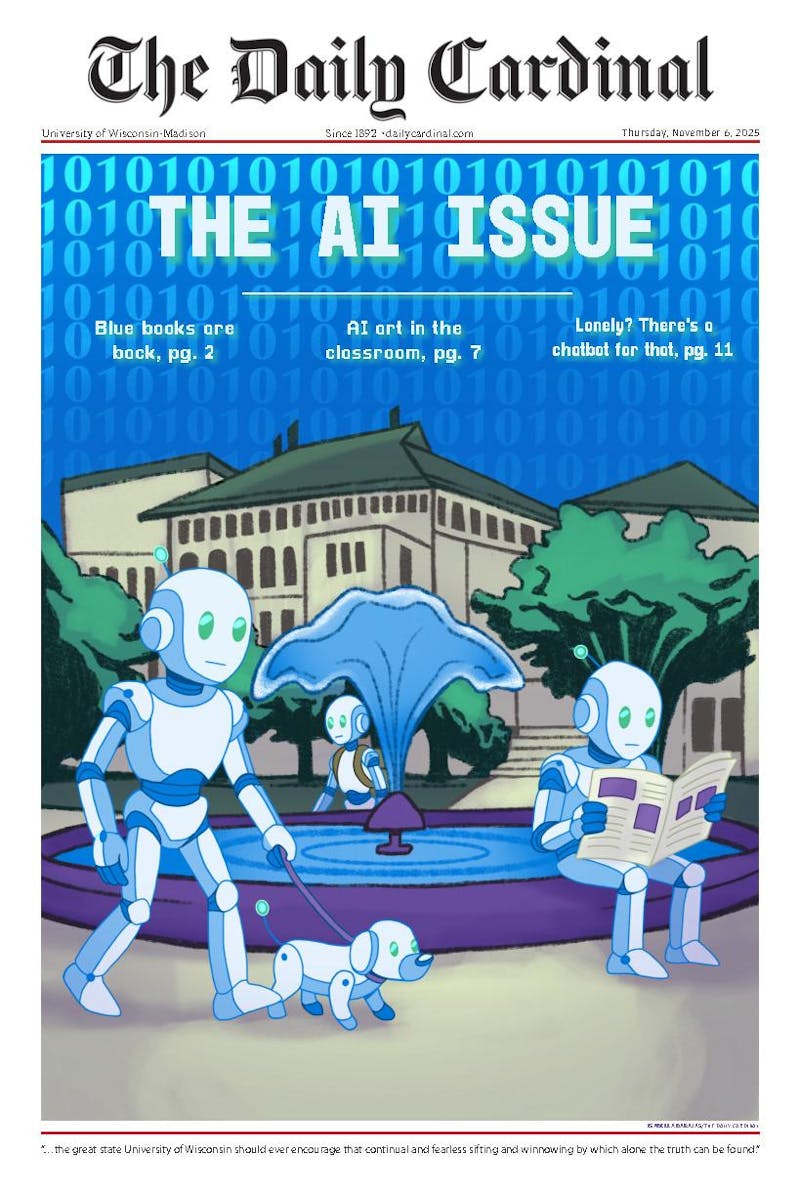As the fall Legislative floor session begins Tuesday, two state Supreme Court campaign finance reform bills are positioned to pass, giving qualifying candidates the ability to campaign solely with public dollars.
The ""impartial justice"" legislation aims to improve the integrity of Wisconsin's Supreme Court elections, which have been charged as ""highly partisan"" in the past few years according to Charles Franklin, a UW-Madison professor of political science.
The pending pieces of legislation would provide public funding for candidates who promise to abide by a $400,000 spending limit, and require special interest groups who campaign on behalf of candidates to disclose their donors.
According to Jay Heck, executive director of Common Cause in Wisconsin, voters in Wisconsin are less confident in the Supreme Court's impartiality because of the influence of money on candidates' campaigns.
""For years, the Supreme Court was about who was best qualified and who had the best judicial temperament to sit on the high court, and now it's all about the outside groups running nasty ads,"" he said.
He said Wisconsin's campaigns make it one of the most expensive campaigning states in the nation and one of the ""nastiest"" in terms of elections.
Franklin said requiring candidates to campaign on fixed public expenditures would limit the ability of candidates to ""run their own campaigns in a way they see fit and communicate with voters in a way they see fit.""
He said candidates who believe they could receive more funding elsewhere would have a political incentive to reject public financing, circumventing the purpose of the proposed legislation.
""It's very hard to truly remove politics from this. And then there's the side question, as citizens in a democracy, do we really want the politics removed from it?"" he said, mentioning the Supreme Court's decision-making power on issues such as school prayer and corporate liability.
Heck said the Legislature is on ""the brink"" of passing the legislation, which has support from the legislative leadership and Gov. Jim Doyle. He said all seven justices signed a letter in 2007 in support of public financing, and said this ""demonstrates just how critical this issue is.""





